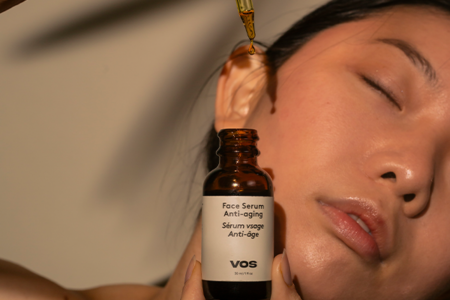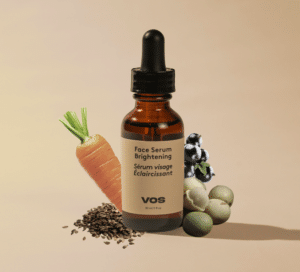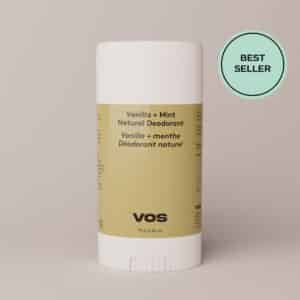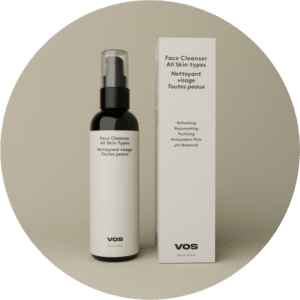When it comes to personal hygiene, choosing the right deodorant is crucial for maintaining not only a fresh scent but also overall health. The skin, being the body’s largest organ, absorbs much of what we put on it, making the ingredients in deodorants particularly important. This guide delves into what makes a deodorant healthy, ingredients to avoid, and tips for selecting the best options available.
Understanding Deodorant Ingredients
Harmful Chemicals to Avoid
The first step in choosing a healthy deodorant is to understand which ingredients to avoid. Many conventional deodorants contain chemicals that can be harmful to your skin and overall health. Here are some key offenders:
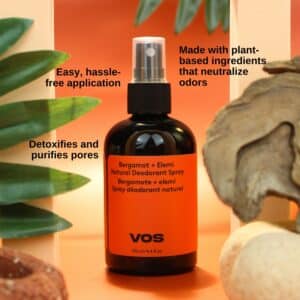
Aluminum Compounds
Aluminum is commonly used in antiperspirants to block sweat glands. However, its use has raised concerns due to its potential link to breast cancer and Alzheimer’s disease. Although studies are still inconclusive, many people prefer to err on the side of caution and avoid aluminum-based products.
Parabens
Parabens are preservatives used to extend the shelf life of cosmetic products. They can mimic estrogen in the body and have been linked to breast cancer. It’s advisable to look for deodorants labeled “paraben-free.”
Phthalates
Phthalates are used to make fragrances last longer. They have been associated with hormone disruption and reproductive issues. Choosing deodorants that are fragrance-free or use natural fragrances can help avoid these risks.
Triclosan
An antibacterial agent, triclosan is often added to deodorants to reduce bacteria. However, it has been linked to hormonal disruption and antibiotic resistance. Opting for deodorants without triclosan is a safer choice.
Natural Ingredients to Look For
Now that we know what to avoid, let’s look at some beneficial ingredients commonly found in natural deodorants.
Baking Soda
Baking soda is a natural deodorizer and is effective at neutralizing body odor. However, it can cause irritation for some people, so it’s important to do a patch test before using a product with baking soda.
Arrowroot Powder
Arrowroot powder helps absorb moisture and can be a great alternative to baking soda. It’s gentle on the skin and helps keep you dry.
Coconut Oil
Coconut oil has antibacterial properties and is moisturizing, making it a popular ingredient in natural deodorants. It helps combat odor and keeps the skin soft.
Shea Butter
Shea butter is highly moisturizing and soothing, making it an excellent base for deodorants. It helps prevent irritation and keeps the skin healthy.
Types of Deodorants
Natural Deodorants
Natural deodorants are made from ingredients derived from plants and minerals. They avoid harmful chemicals and are designed to be gentle on the skin. Many people find that switching to natural deodorants can reduce irritation and improve skin health.
Organic Deodorants
Organic deodorants take natural deodorants a step further by ensuring that the ingredients used are grown without synthetic pesticides or fertilizers. This makes them an excellent choice for those concerned about the environmental impact of their personal care products.
DIY Deodorants
For those who prefer to have complete control over what goes into their deodorant, making your own at home is a viable option. DIY deodorants can be customized to suit your skin type and fragrance preferences.
Benefits of Using Natural Deodorants
Reduced Skin Irritation
One of the primary benefits of using natural deodorants is the reduction in skin irritation. Without harsh chemicals like parabens and synthetic fragrances, your skin is less likely to become red and inflamed.
Lower Risk of Health Issues
By avoiding harmful ingredients such as aluminum and phthalates, you reduce your risk of potential health issues. Although research is ongoing, choosing products with fewer questionable ingredients can be a proactive approach to your health.
Eco-Friendly
Natural deodorants are often packaged in environmentally friendly materials, reducing your overall environmental footprint. Additionally, organic deodorants support sustainable farming practices.
How to Transition to Natural Deodorant
Detox Period
When switching to natural deodorant, it’s common to experience a detox period. This is when your body adjusts to the absence of aluminum-based antiperspirants, which can temporarily result in increased odor or sweating. This phase usually lasts about two to three weeks.
Patience is Key
It’s important to be patient during the transition period. Your body needs time to adapt to the new product. If you experience irritation, try switching to a different formula or one with different active ingredients.
Hydration and Diet
Drinking plenty of water and maintaining a healthy diet can aid in the detox process. Foods rich in antioxidants can help your body detoxify and reduce body odor naturally.
Conclusion
Choosing the healthiest deodorant involves understanding what ingredients to avoid and what to look for in a product. Natural and organic deodorants offer a safer alternative to conventional options, reducing the risk of skin irritation and potential health issues. Transitioning to a natural deodorant may take some time, but the benefits for your health and the environment make it worthwhile.





